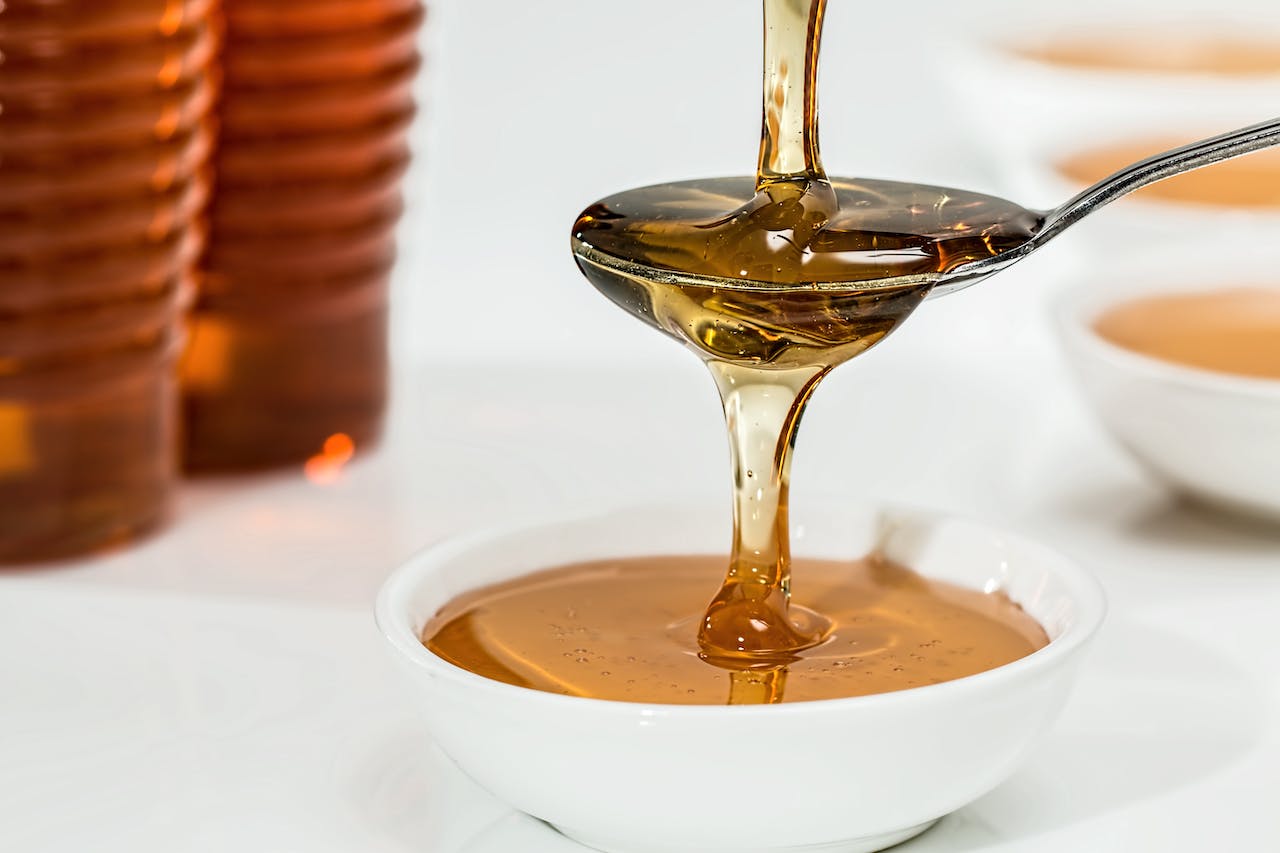Kidney disease is a serious health condition that requires careful consideration of dietary choices. Patients often wonder about the safety of various foods, and one common inquiry is whether honey is suitable for individuals with kidney disease. In this article, we'll explore the relationship between honey consumption and kidney health, examining different aspects and considerations to help patients make informed decisions about including honey in their diet.
Understanding Kidney Disease
Before delving into the specifics of honey, it's crucial to understand the nature of kidney disease. The kidneys play a vital role in filtering waste products from the blood and maintaining fluid balance. In individuals with kidney disease, this function is compromised, leading to the accumulation of toxins in the body. A kidney-friendly diet is essential to manage the condition and prevent further complications.The Composition of Honey
Honey is a natural sweetener produced by bees using flower nectar. It contains various sugars, vitamins, minerals, and antioxidants. While honey is generally considered a wholesome food, its impact on kidney health may depend on individual factors and the stage of kidney disease.Assessing Sugar Content
One concern with honey and kidney disease is its sugar content. Although natural sugars are present in honey, it's essential to monitor sugar intake for individuals with kidney disease, especially those managing diabetes. High blood sugar levels can contribute to kidney damage, so moderation is key when incorporating honey into the diet.Antioxidant Properties
On a positive note, honey is rich in antioxidants, which can help combat oxidative stress. Some studies suggest that antioxidants may play a role in protecting kidney function. However, the overall impact of honey's antioxidants on kidney disease is still an area of ongoing research.Glycemic Index Considerations
For individuals with kidney disease and diabetes, paying attention to the glycemic index (GI) of foods is crucial. Honey has a lower GI compared to refined sugar, meaning it has a slower impact on blood sugar levels. This characteristic may be beneficial for those managing both kidney disease and diabetes, but portion control remains essential.Choosing the Right Type of Honey
Not all honey is created equal. Raw, unprocessed honey retains more of its natural nutrients and may offer additional health benefits. However, it's crucial to note that moderation is key, regardless of the type of honey chosen. Excessive intake can still pose risks, especially for individuals with kidney disease.Fluid Balance and Sodium Content
Kidney disease often requires strict control of fluid intake and monitoring of sodium levels. While honey itself does not contain sodium, individuals should be mindful of how honey is used in recipes or beverages. Incorporating honey into a balanced diet that aligns with fluid and sodium restrictions is essential for maintaining kidney health.Consultation with Healthcare Professionals
Individual responses to dietary choices can vary, making it imperative for individuals with kidney disease to consult their healthcare team, including dietitians and nephrologists. These professionals can provide personalized advice based on the patient's specific health status, helping them make informed decisions about including honey in their diet.Conclusion
In conclusion, honey can be included in the diet of individuals with kidney disease, but it requires careful consideration and moderation. Understanding the composition of honey, monitoring sugar intake, and being mindful of individual health conditions are crucial steps. As with any dietary changes, consulting healthcare professionals is paramount to ensure that the inclusion of honey aligns with overall kidney health goals. By approaching honey consumption thoughtfully, individuals with kidney disease can enjoy this natural sweetener while prioritizing their well-being.Are you tired of living under the shadow of kidney disease? Are you yearning for a life free from the shackles of dialysis, kidney failure, and the looming threat of kidney transplants? If so, you're in the right place at the right time. Imagine waking up every morning with boundless energy, feeling rejuvenated and ready to take on the day. Envision a life where your kidneys are functioning optimally, and you no longer dread the burdensome routines of dialysis sessions. The Kidney Disease Solution Program is here to turn that vision into reality for you.


